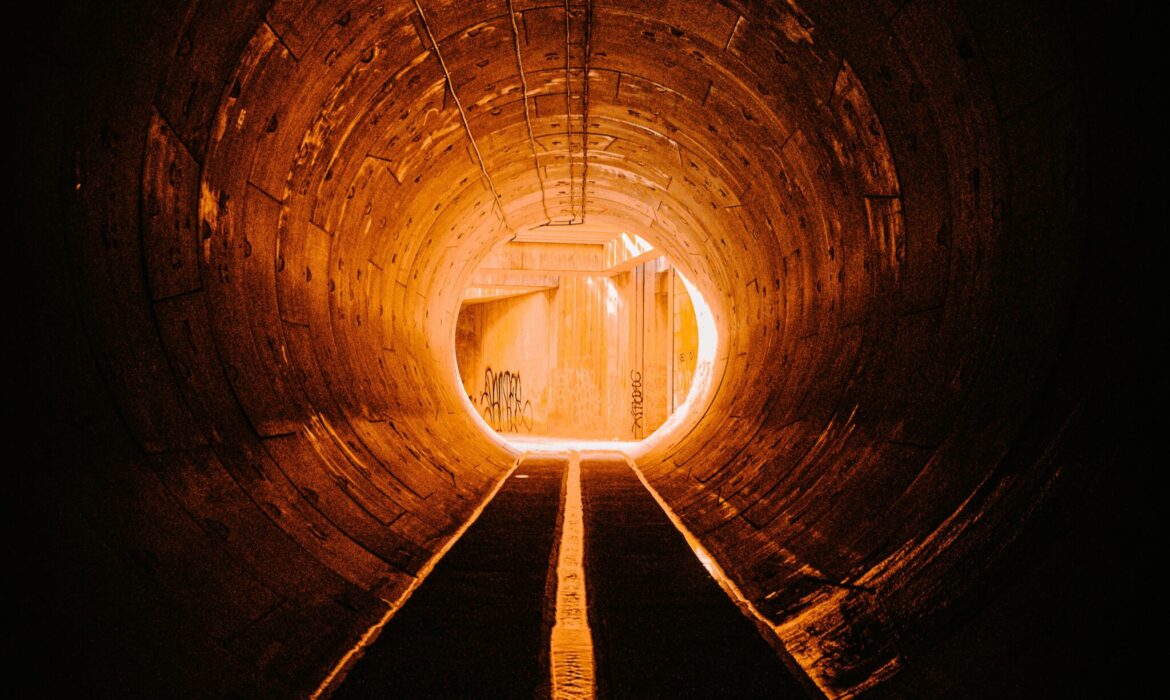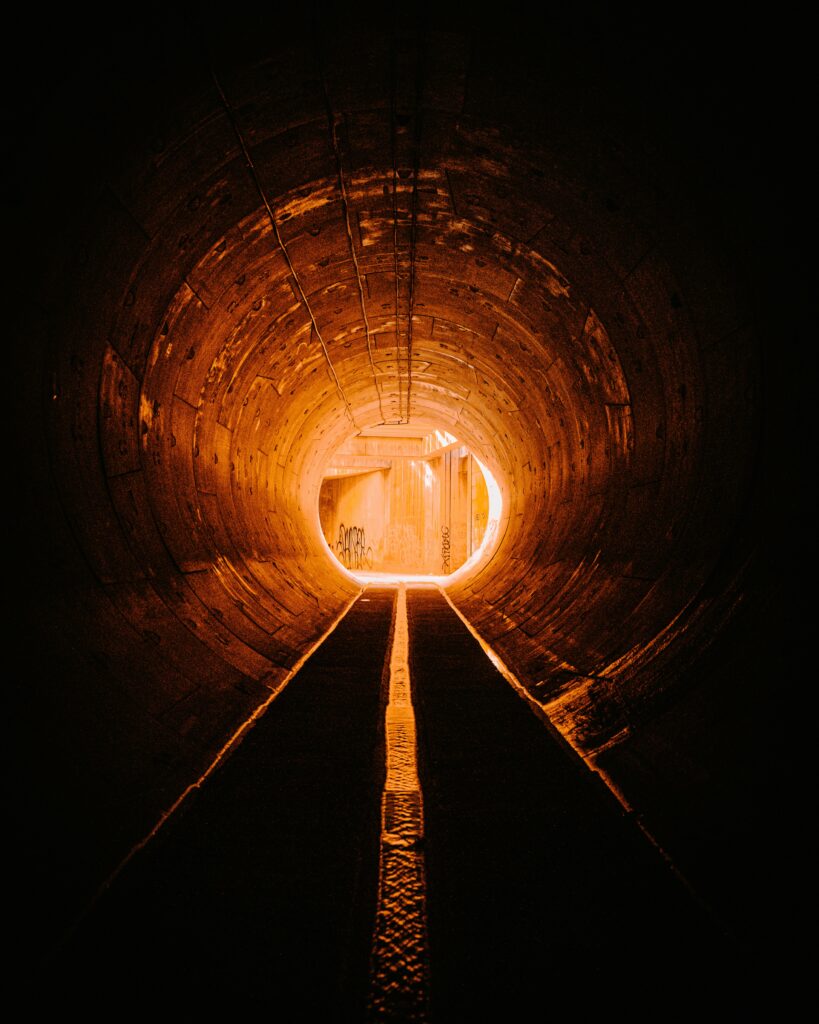In the realms of civil engineering, mining, environmental planning, and groundwater management, accurate subsurface data is essential for safe, sustainable, and cost-effective decision-making. Groundsearch, with its decades-long presence in the geophysical and geotechnical industries, has positioned itself as a trusted authority in this complex field. Whether it’s mapping hidden aquifers, identifying structural voids, or assessing soil stability, the company brings unparalleled technical depth and a commitment to clarity that clients across the Asia-Pacific region have come to rely on. Their full range of capabilities is outlined through a well-structured and informative digital platform.
Company Profile and Industry Role
Groundsearch is not just another contractor offering surveys and imaging services. With nearly 30 years in business and more than 150 years of combined team experience, the company operates at the intersection of advanced science and practical problem-solving. Specializing in geophysics, geotechnical assessments, and groundwater investigations, their team supports industries as varied as construction, mining, infrastructure, and environmental remediation.
Headquartered in the Asia-Pacific region with active projects in Cambodia, Singapore, New Zealand, and other territories, Groundsearch has become a go-to partner for consultants, developers, and governmental agencies seeking high-quality, site-specific subsurface data.
Wide-Ranging Services
Groundsearch offers a suite of subsurface imaging and investigation services designed to uncover what lies beneath without invasive or destructive techniques. Key services include:
Geophysical Surveys: Utilizing techniques like Electrical Resistivity Imaging (ERI), Ground Penetrating Radar (GPR), and seismic methods to detect voids, map aquifers, assess slope stability, and locate buried infrastructure.
Geotechnical Investigations: Including downhole logging, MASW (Multichannel Analysis of Surface Waves), and shear wave velocity testing—critical for evaluating soil behavior and designing safe structures.
Groundwater Mapping and Monitoring: Supporting water supply development, contamination studies, and aquifer recharge analysis with a combination of borehole data and resistivity imaging.
Exploration Services: Used in mineral prospecting, construction planning, and land-use assessments to determine the composition and stability of subsurface environments.
Non-Destructive Testing: With tools like GPR and electromagnetic systems, Groundsearch minimizes risk while maximizing insight—vital for sensitive archaeological, conservation, and urban redevelopment projects.
This breadth of services makes Groundsearch a versatile partner capable of delivering holistic project data from initial planning through to post-construction assessment.
Technology and Equipment Supply
Beyond field services, Groundsearch also supplies specialized geophysical and geotechnical equipment, functioning as both a service provider and a trusted source for advanced hardware. Their inventory includes:
ERI systems and electrode arrays
GPR systems with high-resolution antennas
Pipe and conduit locators
Seismic testing equipment
Logging probes and borehole tools
This product offering benefits clients who wish to conduct surveys independently or augment their in-house capabilities with reliable tools backed by expert guidance.
Industry Applications and Case Experience
Groundsearch’s capabilities apply across a broad spectrum of industries:
Mining: Locating mineral veins, fracture zones, and assessing overburden for safer extraction planning.
Civil Engineering: Evaluating foundation conditions, tunnel alignments, and slope hazards for infrastructure development.
Water Resources: Identifying aquifer boundaries, measuring groundwater depths, and assessing recharge potential.
Environmental & UXO Assessment: Locating buried waste, unexploded ordnance, and abandoned infrastructure prior to construction or environmental cleanup.
Their track record includes successful collaboration with major energy developers, resort construction teams, agricultural planners, and municipal engineering departments. Clients regularly note the company’s ability to deliver “professional, safety-focused, and accurate” reporting.
Quality, Communication, and Reporting
Fieldwork at Groundsearch is conducted by seasoned professionals who prioritize safety, accuracy, and efficiency. Each team—composed of geologists, geophysicists, and support staff—follows strict protocols to ensure that collected data meets project-specific and regulatory standards.
Where Groundsearch particularly excels is in reporting. The company delivers high-resolution imagery, clear data interpretation, and actionable recommendations. Reports are often tailored for integration into broader engineering or environmental studies, saving clients time and ensuring a smooth transition between survey data and decision-making.
Online Presence and Client Interface
The company’s website, Groundsearch’s official portal, reflects their values of clarity and professionalism. Visitors can explore detailed service descriptions, technical equipment listings, and region-specific contact options. The site is user-friendly, offering project leads an efficient way to initiate inquiries or request quotes.
Each service page outlines the technology used, ideal applications, and expected outputs—helping clients determine exactly what’s needed for their unique site or problem.
Competitive Strengths
Several factors set Groundsearch apart in a competitive field:
Integrated Service & Equipment Model: Few companies both conduct surveys and supply industry-grade instruments, giving Groundsearch added versatility.
Depth of Experience: From geotechnical assessments in dense urban settings to groundwater exploration in remote terrain, the company’s experience spans a wide range of conditions.
Safety Focus: Especially in areas involving UXO risk, Groundsearch offers properly trained personnel and follows rigorous site safety standards.
Client-Centered Solutions: Whether it’s a rapid-turnaround survey or a long-term exploration project, the team prioritizes responsive communication and tailored services.
Areas for Development
While Groundsearch has an impressive foundation, there are opportunities to further enhance its client engagement and public visibility:
Project Case Studies: Adding detailed, story-driven case studies to the site would allow prospective clients to better visualize the impact and process of the company’s work.
Interactive Resources: Tools such as data dashboards, video walkthroughs, or 3D visualizations could enrich the client experience and simplify technical concepts.
Content Expansion: Publishing regular insights on emerging survey technologies or regional project challenges could help position Groundsearch as a thought leader.
Final Thoughts
Groundsearch is more than a technical service provider—it’s a strategic partner in the complex work of understanding the ground beneath our feet. Whether a project involves locating hidden groundwater, assessing the risk of subsurface voids, or ensuring the structural integrity of future developments, Groundsearch delivers with integrity, accuracy, and professionalism.
In an industry where uncertainty can lead to costly mistakes, Groundsearch offers clarity and confidence. Their work enables better decisions, safer projects, and long-term resilience—qualities that are increasingly in demand across every infrastructure and environmental sector.


